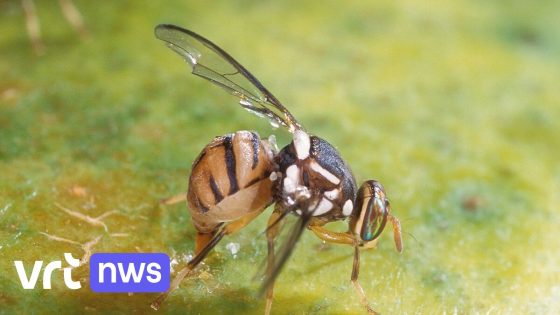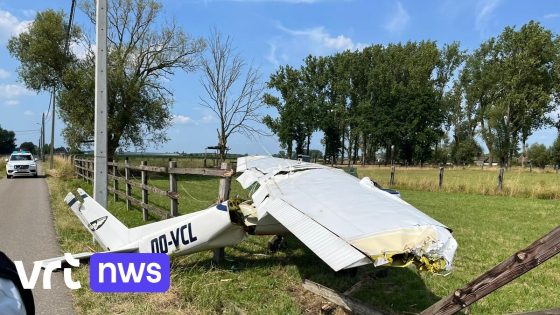The eastern fruit fly has reappeared in Belgium, raising concerns among farmers and consumers alike. On 2025-08-01 07:38:00, authorities confirmed that two new specimens were caught in Koekelberg and Antwerp, following an earlier sighting in Sint-Jans-Molenbeek this month.
- Oosterse fruitvlieg opnieuw gespot in België
- Twee nieuwe exemplaren gevangen in Koekelberg
- Exemplaar eerder deze maand in Sint-Jans-Molenbeek
- Fruit- en groenteoogsten kunnen aangetast worden
- Federaal voedselagentschap vraagt extra waakzaamheid
- Telers en consumenten moeten alert blijven
These exotic insects pose a serious threat as they can damage entire fruit and vegetable harvests. How can Belgian growers protect their crops, and what should consumers watch for? The federal food agency urges everyone to stay vigilant to prevent further spread.
Understanding the risks and timely response is essential. What steps can be taken now to minimize the impact of the eastern fruit fly in Belgium? Read on for a quick summary and expert insights.
Why does this matter for Belgium’s agriculture and food security? The eastern fruit fly can quickly infest crops, causing significant losses if not controlled. Early detection and action are key to containment. Consider these points:
- The fruit fly’s presence in urban areas suggests a risk of wider spread to rural farms.
- Farmers should monitor crops closely and report any signs of infestation immediately.
- Consumers can help by inspecting purchased produce and avoiding the transport of potentially infested fruits.
Moving forward, it is crucial for both producers and consumers across Belgium to cooperate closely. Staying informed and proactive can help safeguard our harvests and maintain food quality throughout the season.

































